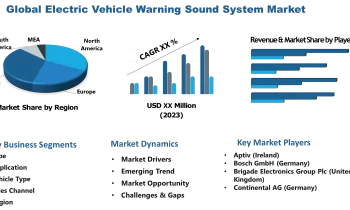
UK House prices declined for the first time since June 2020 just before the scheduled tax break will end on March 31st.
Nationwide reported on Tuesday that house prices in the UK dropped by a monthly 0.3% to £229,748 between December and January. This slowed the rate of their annual increase to 6.4% from the 7.3% recorded in December, which was the largest increase in over six years
The surprise decline came after analysts had forecast a monthly increase of 0.3% and a 6.9% increase in annual terms.
Calls for Stamp Duty Holiday to be Extended
The stamp duty holiday, which means there is no tax to pay on property purchases up to £500,000 in England and Northern Ireland has provided a massive to the UK housing market over the last half a year. Despite the pandemic and lockdowns, the UK housing market has remained buoyant, with both the stamp duty holiday and people moving for more space, seen as the key driving forces.
Robert Gardner, the chief economist at the Nationwide, Britain’s biggest building society said:
“To a large extent, the slowdown [in January] probably reflects a tapering of demand ahead of the end of the stamp duty holiday, which prompted many people considering a house move to bring forward their purchase.
“While the stamp duty holiday is not due to expire until the end of March, activity would be expected to weaken well before that, given that the purchase process typically takes several months.”
Robert Gardner
At this stage it is not known if chancellor Rishi Sunak will extend the stamp duty holiday beyond the scheduled end date. Although there are a growing number of calls for an extension as the UK economic news raises concerns
Supporting the cause is the latest data from the Bank of England which showed that British mortgage approvals remained close to a 13-year high in December.
Tom Bill, the head of UK residential research at the estate agent Knight Frank, called for a gradual phase out of the stamp duty holiday, saying:
“The sensible option would be to taper the holiday and avoid any cliff-edge moments for the housing market or wider economy, particularly given how important the mobility of labour will be in coming months,
“We expect prices to end the year flat as demand becomes steadier and more seasonal in the second half of this year.”
Tom Bill



